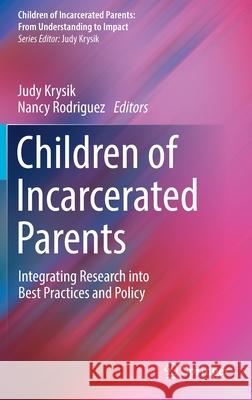Children of Incarcerated Parents: Integrating Research Into Best Practices and Policy » książka
topmenu
Children of Incarcerated Parents: Integrating Research Into Best Practices and Policy
ISBN-13: 9783030847128 / Angielski / Twarda / 2022
Children of Incarcerated Parents: Integrating Research Into Best Practices and Policy
ISBN-13: 9783030847128 / Angielski / Twarda / 2022
cena 603,81
(netto: 575,06 VAT: 5%)
Najniższa cena z 30 dni: 578,30
(netto: 575,06 VAT: 5%)
Najniższa cena z 30 dni: 578,30
Termin realizacji zamówienia:
ok. 22 dni roboczych.
ok. 22 dni roboczych.
Darmowa dostawa!
Kategorie:
Kategorie BISAC:
Wydawca:
Springer
Seria wydawnicza:
Język:
Angielski
ISBN-13:
9783030847128
Rok wydania:
2022
Wydanie:
2022
Numer serii:
001237145
Oprawa:
Twarda
Wolumenów:
01
Dodatkowe informacje:
Wydanie ilustrowane











